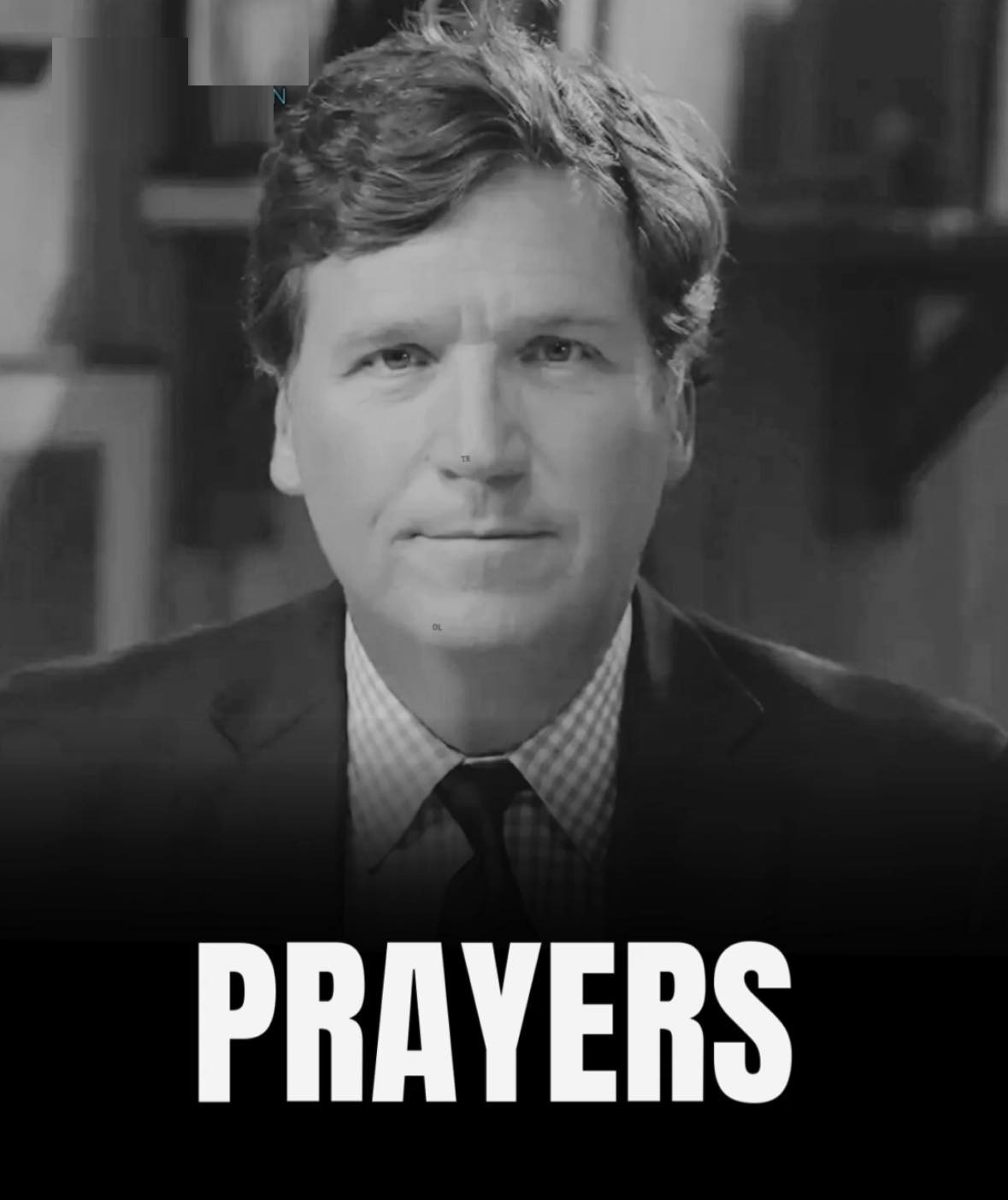In an age when public figures are scrutinized and their personal narratives dissected under the relentless glare of media attention, moments of personal loss serve as powerful reminders that behind every headline and broadcast lie intimate stories of resilience, hardship, and deep human connection. Today, we pause to honor the remarkable life of Richard “Dick” Warner Carlson—a man whose extraordinary journey from humble beginnings to journalistic prominence left an indelible mark on colleagues, friends, and family alike. As his son, Tucker Carlson, endures the grief of losing a father he once described as “the toughest person in the world,” this tribute explores Dick Carlson’s early struggles, his transformative career in journalism and public service, and the cherished relationship he nurtured with his children.
This article is a comprehensive homage to Dick Carlson’s life. It traces his formative years, his battles and breakthroughs, his rise in the competitive world of journalism, his subsequent service in government, and the legacy he has forged through his unwavering commitment to truth and integrity. In doing so, we extend our heartfelt condolences and prayers to Tucker Carlson during this challenging period while celebrating a man whose life remains an inspiration to many.
II. Early Life: Forged in the Fires of Adversity
A. Humble and Turbulent Beginnings
Richard Warner Carlson was born on February 10, 1941, into circumstances that would shape his character for decades to come. His early life was marked by struggle and instability. Born to a Swedish‑speaking mother during a time of economic and social uncertainty, young Richard’s start in life was anything but easy. After spending formative years in foster care and time in a Boston orphanage, he was eventually adopted by a family in Norwood, Massachusetts. Yet, the challenges of his early childhood left lasting impressions.
At the age of 12, Richard faced the painful loss of his adoptive father—a steady and loving figure who worked as a tannery manager. This early bereavement, combined with the instability of his early years, set Richard on a difficult path. The challenges of adolescence were compounded by the feelings of abandonment and uncertainty that shadowed him, and by age 17, a youthful misstep led to his involvement in criminal activity. A run-in with the law over car theft culminated in a stint behind bars—a turning point that would later serve as a catalyst for profound personal transformation.
B. A Journey Toward Redemption
Rather than allowing his troubled youth to dictate his future, Richard Carlson resolved to turn his life around. His experience in jail provided a stark wake-up call, one that spurred him to seek a path away from misadventure and toward self-improvement. Embracing the structure and discipline that had been absent in his early life, he enlisted in the United States Marine Corps. The military experience instilled in him the values of duty, perseverance, and accountability—qualities that would define his character throughout his later endeavors.
After his service in the Marines, Richard embarked on a series of ventures that broadened his perspective and built the foundation for his eventual career in journalism. Working as a merchant seaman allowed him to travel the world, exposing him to diverse cultures and the harsh realities of life beyond his small-town beginnings. These experiences were transformative, teaching him adaptability and reinforcing the belief that one’s past does not have to determine one’s future. Each challenge he faced became a stepping stone toward a life redefined by purpose and possibility.
C. Discovering a Passion for Storytelling
Richard’s journey toward self-betterment eventually led him to a field that would become his lifelong vocation: journalism. The power of storytelling—the ability to uncover hidden truths and share them with the world—captivated him. Starting his career as a copy boy at the Los Angeles Times, he began at the very bottom of the news industry. However, his keen eye for detail, insatiable curiosity, and commitment to hard work quickly distinguished him from his peers.
Those early years at the Los Angeles Times were critical in shaping his approach to journalism. Long hours spent on the newsroom floor, field reporting, and the rigorous pursuit of factual accuracy all contributed to his developing style—a blend of incisive reporting and deep empathy for his subjects. Richard’s dedication did not go unnoticed; he rapidly climbed the ranks as his colleagues recognized his talent for distilling complex issues into compelling, accessible narratives. His early career, marked by relentless determination and a passion for truth, would lay the groundwork for an illustrious future in both journalism and public service.









